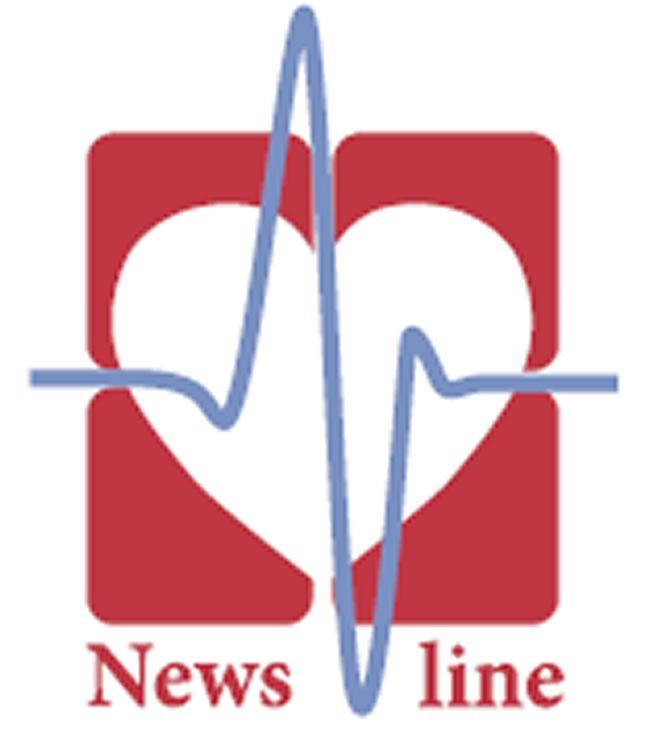Atrial fibrillation (afib) is a risk factor for stroke. But if you have no other risk factors, your stroke risk is moderate. But a recent Danish study found that even one additional risk factor significantly raises your odds of having a stroke if youre not taking oral anticoagulants, such as warfarin (Coumadin). These other risk factors include conditions such as high blood pressure, vascular disease and diabetes, as well as smoking, a sedentary lifestyle, advanced age and a history of heart attack or a prior stroke. The study, published in the Journal of the American College of Cardiology, suggests physicians take a comprehensive look at all of an afib patients risk factors, and understand that the possibility of stroke can increase greatly with just one more risk factor. The researchers note that not all risk factors carry the same weight, so a physicians judgment is still crucial in deciding whether to put a patient on anticoagulant therapy. If you have afib, and are not taking warfarin or a similar anticoagulant, talk with your doctor about your odds of having a stroke. Then discuss the risks and benefits of anticoagulant therapy. Taking anticoagulants can increase your bleeding risk, but if well-managed, this type of preventive therapy can be safe and effective for many patients.
To continue reading this article or issue you must be a paid subscriber.
Sign in






